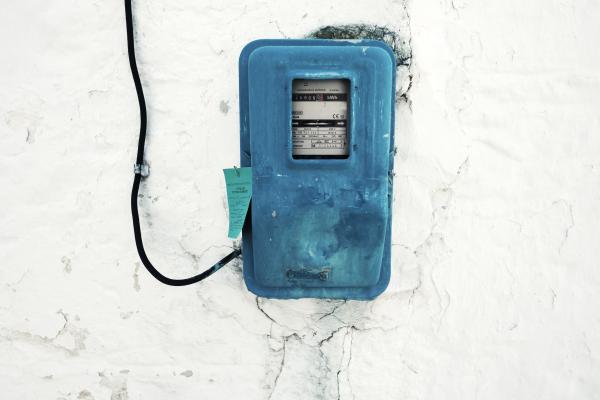
Take a look at the requirements for landlords to fulfil their legal and safety compliances or risk losing the rights to evict their tenant with a Section 21 notice.

Property licensing plays a crucial role when letting a property out. Staying compliant does not solely refer to paying your taxes, but other legal aspects as well, such as using the correct legal documents and updating your licences and safety certificates. To avoid any unpleasant surprise, it’s always good to check all the requirements and regulations.
HMO is short for a House in Multiple Occupation, which refers to a house that is occupied by at least three people who aren’t related or do not form a single household, but share facilities like the bathroom and kitchen. The definition is taken from the official government website.
Whether you are a live-in landlord or not, you are allowed to have two non-family members living in your property before your property is considered an HMO. However, it will be classified as an HMO if you get a third non-family member living with you, who is paying rent.
A house in multiple occupations is sometimes known as a ‘house share’. If you are planning to let your property as a house in multiple occupations in England or Wales, you should contact your council to check if you need a licence as it can vary in each local area.
As for large HMOs, you are legally required to have a licence. There used to be an exemption based on the number of storeys in the property; however, this has been scrapped in 2018. Your property is defined as a large HMO if all of the following apply:
it is rented to 5 or more people who form more than 1 household
some or all tenants share toilet, bathroom or kitchen facilities
at least 1 tenant pays rent (or their employer pays it for them)
An HMO licence is valid for a maximum of five years. After five years, you must renew it. You should also have a separate license for every single HMO you own, as you can risk being penalised for renting out an unlicenced HMO.
If you run an HMO let, you must ensure the house is fit for the number of occupants and comply with the Fit for Habitation Act, depending on the size and facilities of your house. The manager of the house, an agent or yourself, should also be considered to be ‘fit and proper’. For example, they have no criminal record or breach of landlord laws or misconduct.
It is also required by the government that smoke alarms should be in place and well-maintained. You should also send the council an updated gas safety certificate every year and provide safety certificates for all electrical appliances in the HMO property when requested.
You can find out how you can apply for an HMO licence via the government website here.
Tired of the hassle? We can give you a hand - from finding tenants to staying compliant the whole way, we’ve got your back. Get started with a package that suits you now - you can even customise with optional add-ons to curate the perfect package!